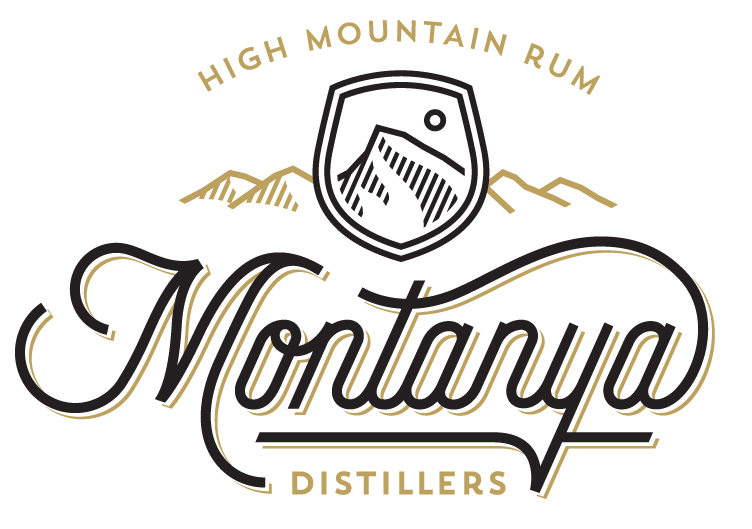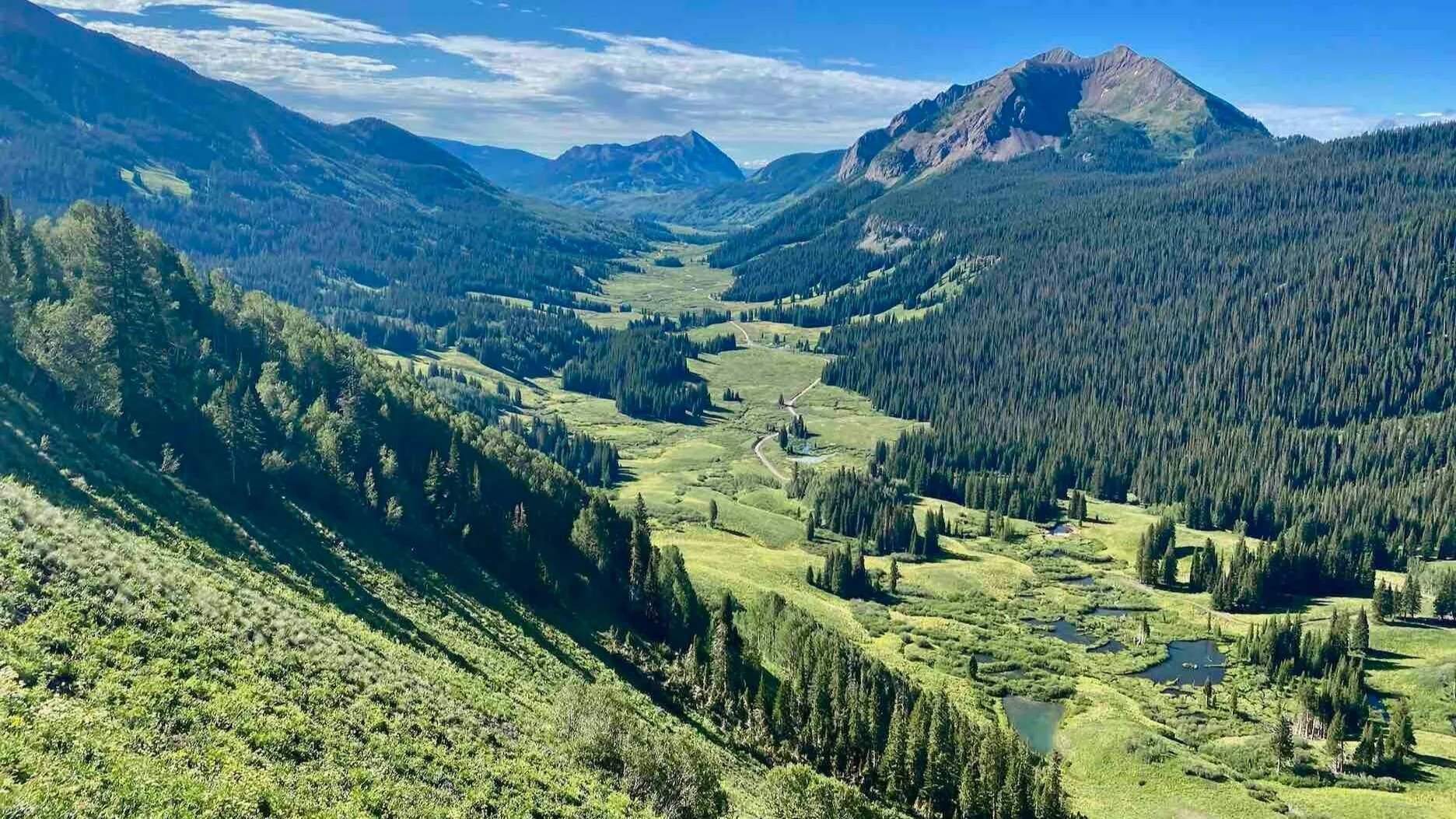Acknowledgements
Land Acknowledgement
Our home in the heart of the Colorado Rockies—Crested Butte, Colorado—is in many ways the heart and soul of Montanya. The altitude and our mountain location benefit nearly every aspect of the rum-making process and offer the outdoor lifestyle so loved by our founder and owner, Karen Hoskin, and our staff. We believe it is only right to acknowledge the history and legacy of colonialism and westward expansion that disrupted Indigenous Peoples’ traditional territories and practices in this area—and allowed us, as descendants of the dominant culture, to benefit from the location. The town and land where Montanya Distillers operates is Núu-ahga-tuvu-pu (Ute) land.
A band of the Ute tribe summered in the area beginning in the 1600s, after acquiring horses from Spanish explorers, and hunted deer, elk and buffalo. The band included more than 3,000 people—twice the population of modern-day Crested Butte, and more than half the current population of Crested Butte and the surrounding community. An 1868 treaty first forced the Utes onto a reservation just to the west of modern-day Gunnison and Crested Butte, and an 1875 treaty moved the Utes south of present-day Montrose, Colorado, removing them from the Gunnison Valley for good.
This land and the native peoples of this land matter. As a business, we strive to honor the native people of this land by using our business as a force for good by raising awareness and supporting native voices and communities. Find out whose land you’re on by texting 855-917-5263.
Rum History and Production Practices
Rum is a beautiful spirit. Its origins aren’t always the same. We recognize that its history and some modern-day production methods, which we do not practice, were or are harmful to people and the environment. Rum’s origins in colonial America and elsewhere are directly tied to the trans-Atlantic slave trade. Slaves grew and harvested the sugarcane, processed the molasses and in some cases made the rum. Some suspect that slaves first developed rum before slave owners claimed it as their own. Decades later, after the abolition of slavery, rum was accepted as currency for prostitution in early Colorado.
In some countries today, the growth and harvesting of sugarcane subject workers to inhumane conditions, including sun and heat exposure, lack of access to water, and long hours. Burning of sugarcane fields prior to harvest also yields significant air pollution that contributes to carbon emissions and climate change, and causes health problems for workers and nearby communities. Some large-scale distilleries have been linked to water pollution.
We strive everyday to rewrite these narratives. Montanya Distillers is dedicated to environmental sustainability, including the use of American-grown, non-GMO sugarcane grown by family farmers (they don’t burn the fields and aren’t subjected to harsh conditions). We actively work for the advancement of women in the industry, and have dedicated ourselves to building a crew that is more diverse than our community and that feels seen, heard and valued. We have also joined the movement to make our community more welcoming to the BIPOC community. Learn more.

